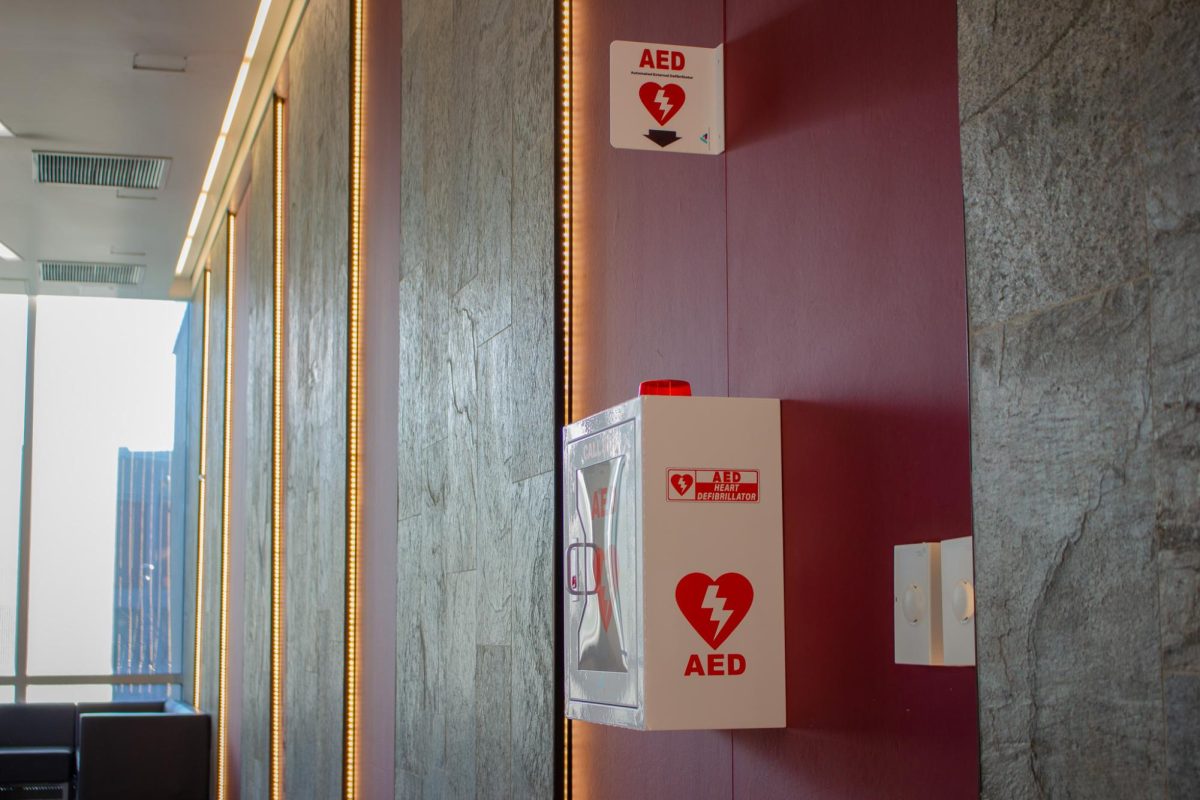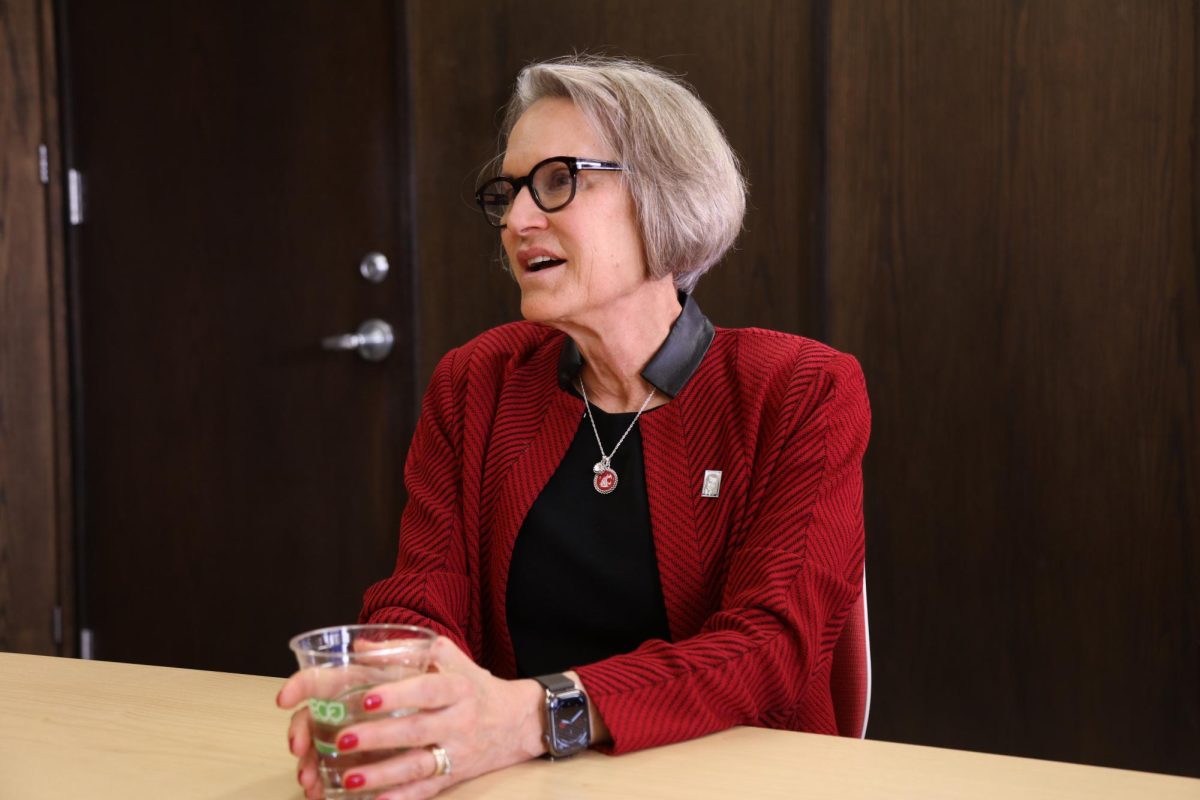The Housing Advisory Board recently approved a budget allowing portable automatic external defibrillators to be installed in the residence halls.
The initiative has been met with positive feedback from many individuals and groups, said Griffin Hogan, assistant director of housing operations.
“We actually have been seeing a lot of positive feedback and excitement from our staff and students regarding the AEDs,” Hogan said.
All Resident Advisors receive first aid training from University Recreation, which contributed to the installation of the machines as their facilities also utilize portable defibrillators, Hogan said.
“We’re working with [UREC] to prepare the units,” Hogan said. “We are leveraging their expertise and their partnerships with the company.”
A lack of training should not be a deterrent against using the emergency devices, Hogan said. The AEDs, from Avive Solutions, have advanced technology that talks users through the process.
Any resident can sign up for first aid training through University Recreation, but as of now, there are no plans to provide residents with internal training. Though these devices can be used by anyone, it is still important to call 911 as soon as possible, said Hogan.
All active residence halls now have AEDs located in the main lobby area or at the closest area desk. In halls with two or more buildings, such as Scott-Coman, the AEDs are located in a central area to allow for easy and equal access. In addition to residence halls, all dining centers now have external defibrillators available in case of emergency.
Though there has not been a cardiac emergency in the residence halls in the past 10 years, these machines serve an important level of security for all on-campus residents, Hogan said.







